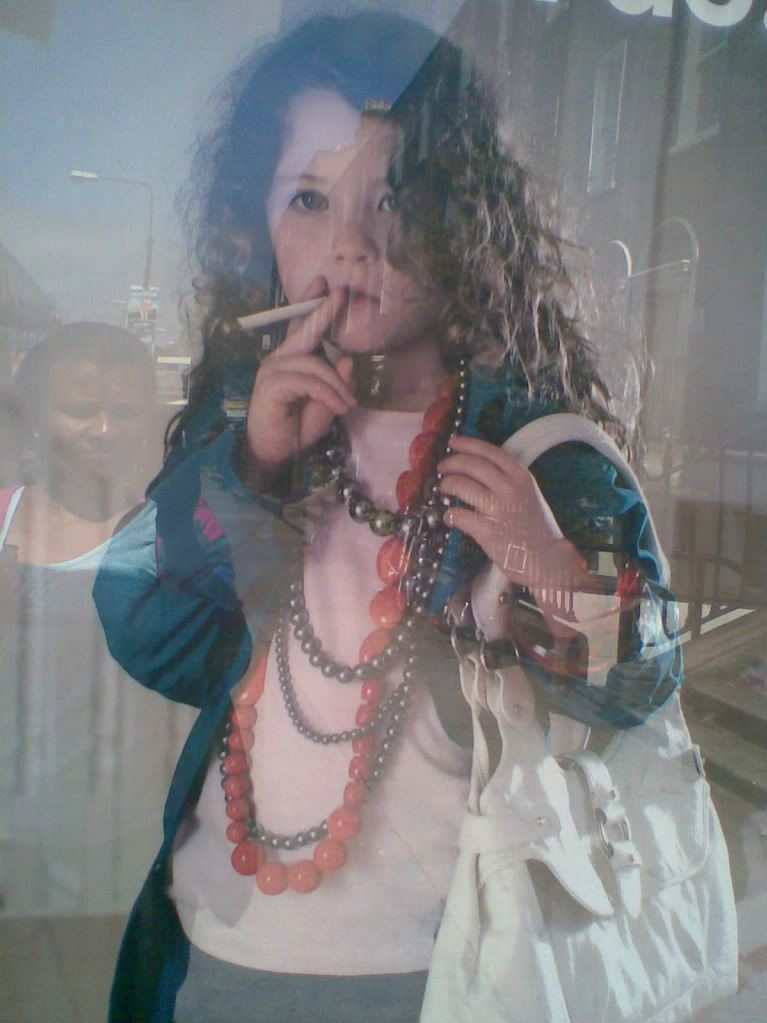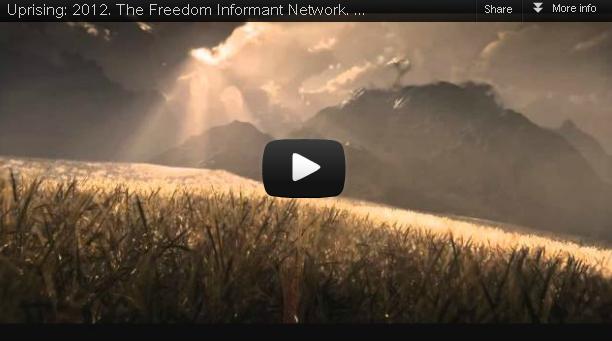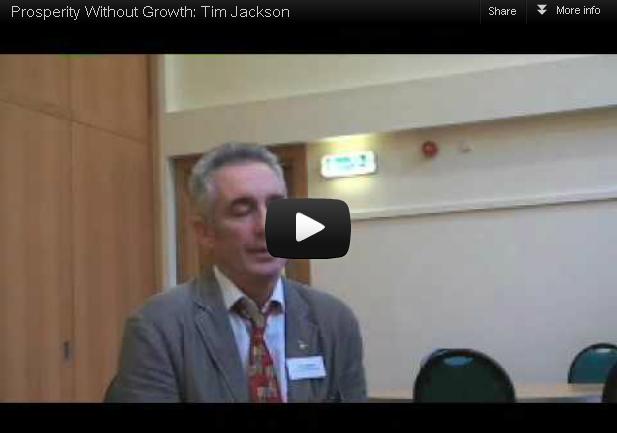


Social Networks And The Need To Recognize Human Connection
The great project of the twenty first century – understanding how the whole of humanity comes to be greater than the sum of its parts – is just beginning. Like an awakening child, the human super organism is becoming self-aware, and this will surely help us to achieve our goals. But the greatest gift of this awareness will be the sheer joy of self discovery and the realization that to truly know ourselves we must first understand how and why we are all connected.” In their widely acclaimed book, Connected: The Amazing Power of Social Networks and How They Shape Our Lives, Nicholas Christakis MD, PhD & James Fowler, PhD examine human connection through social networks. The book reveals some startling insights about human interrelation. Understanding the degree of human connectivity is of primary importance if we are going to change our world. Working Together Generates A Higher Form Of Life Working together, cells, generate a higher form of life that is entirely different from the internal workings of a single cell. For example, our digestion is not a function of any one cell or even one type of cells. Likewise, our thoughts are not located in a given neuron; they arise from the pattern of connections between neurons. Whether cells, ants, or humans, new properties of a group can emerge from the interactions of individuals. And co-operative interactions are hallmarks of most most major evolutionary leaps that have occurred since the origin of life – consider the agglomeration of single cell organisms into multi-cellular organisms, and the assembly of individuals into super organisms.” Social Networks Reflect Our Inter-Connectivity...
Uprising 2012: The Message Of The Freedom Informant Network
Is this what it’s come to, a price tag on life, a world coursing with greed, intoxicated on monetary gain, and material conquest? Why have we allowed this? Ladies and gentlemen these are the questions you should be asking yourselves. The world around us has been manipulated, coerced in a direction where human life is outweighed by profit.” The quotes in this post are taken from the video at the bottom of this post: Uprising 2012: The Freedom Informant Network Wake From The Dream All the while you chase the dream life they’ve created for you, waving it in front of your face like a carrot on a stick. Stop it, stop being guided through life. We need to quit letting the decisions of a few control the lives of the many. We need to take our future, our children’s future, back into our hands.” Reestablish Connection When did we lose our connection with others, with community, and family? Stop focusing on the differences and start acknowledging and building upon our common grounds. Start sharing, connecting, teaching one another, and learning from each other as well. Build our bond as human beings. Find your strength in unity. Find your voice, and then let it be heard.” Be The Change You Want To See What you have to say does matter. We just need to get off our knees, stand on our own two feet, and remind them just how much we do matter. Become the change you want to see. Build the future together, a decent future, a future where life is cherished, rather than spent worshiping money.” Value...
The World We’ve Made: Every 5 Seconds A Child Dies From Malnutrition And Hunger
Man can and must prevent the tragedy of famine in the future instead of merely trying with pious regret to salvage the human wreckage of the famine, as he has so often done in the past.” – Norman Borlaug, agronomist, humanitarian, and Nobel laureate. In a previous post, Agriculture In The 21st Century, the amount of food produced in the world that is wasted (1/3 of food produced) was brought up. In that post, a number of experts were quoted, stating that malnutrition and hunger could be ended if unused food were properly distributed. Malnutrition and Hunger The following statistics from the World Food Programme show the severity of the lack of food distribution in the world, chiefly highlighting its affect on the children of the world: Every five seconds a child dies because of hunger. 854 million people worldwide do not have enough to eat, more than the combined populations of the United States, Canada and the European Union. Hunger is the world’s no.1 health risk. It kills more people every year than AIDS, malaria and tuberculosis combined. One in seven people in the world will go to bed hungry tonight. Asia and the Pacific region is home to over half the world’s population and nearly two thirds of the world’s hungry people. 65 percent of the world’s hungry live in only seven countries: India, China, the Democratic Republic of Congo, Bangladesh, Indonesia, Pakistan and Ethiopia. Undernutrition contributes to five million deaths of children under five each year in developing countries. One out of four children – roughly 146 million – in developing countries is underweight. More than...
